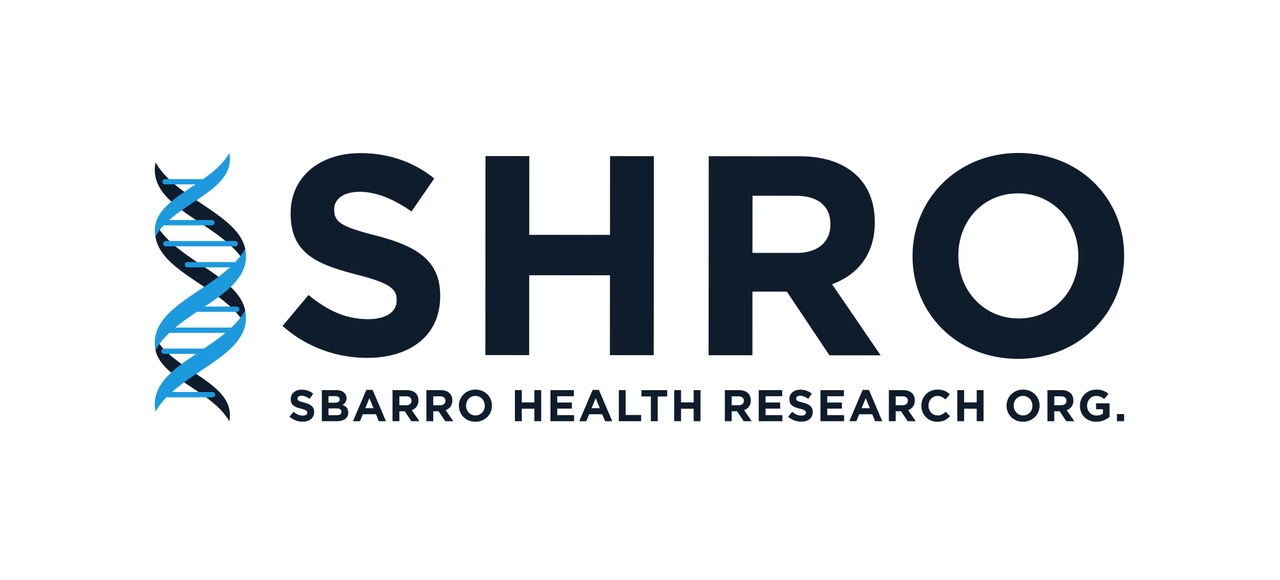Newswise — Researchers have tagged two new potential targets for treating rhabdomyosarcoma (RMS) -- a highly malignant pediatric tumor thought to arise from mesenchymal stem cells (MSCs) committed to become skeletal muscle cells. The report appears in Cell Cycle.
"By examining the development of RMS, we have located some potentially attractive targets for future therapy," said Antonio Giordano, Director of the Sbarro Institute for Cancer Research and Molecular Medicine in the College of Science and Technology at Temple University in Philadelphia and lead author of the study. The study represents a joint international effort between the Sbarro Health Research Organization, in Philadelphia, PA, CROM (Centro Richerhe Oncologiche Mercogliano) in Mercogliano, Italy, the University of Siena, in Siena, Italy and Bambin Gesu' in Rome, Italy.
The search for alternative targets for RMS therapy is particularly urgent, since the tumor often requires requires multiple types of therapy that can result in significant toxicity and long-term side effects for young patients.
In the current study, researchers examined a group of twenty microRNAs (miRNAs), short non-coding RNA molecules that are able to regulate gene expression, concentrating on miRNAs shown to be involved in skeletal muscle differentiation and potentially in cancerogenesis.
Results showed a decreased expression of miR-26a in RMS cell lines and tumor samples when compared to the control samples. Conversely, Ezh2 mRNA, one of the already validated targets of miR-26a, showed higher levels of expression in the RMS samples, suggesting that "miR-26a dependent regulation of Ezh2 could be active in rhabdomyosarcoma cells."
"While we need to test our results on a larger sample, the study shows that it is possible that miR-26a and Exh2 may participate in pathogenesis of RMS, potentially representing attractive important new targets for treatment," said Giordano.
Sbarro Health Research Organization (www.shro.org), a leader in cancer, cardiovascular, and diabetes research, a nonprofit charitable organization, supports the Sbarro Institute for Cancer Research and Molecular Medicine located at Temple University in Philadelphia.
